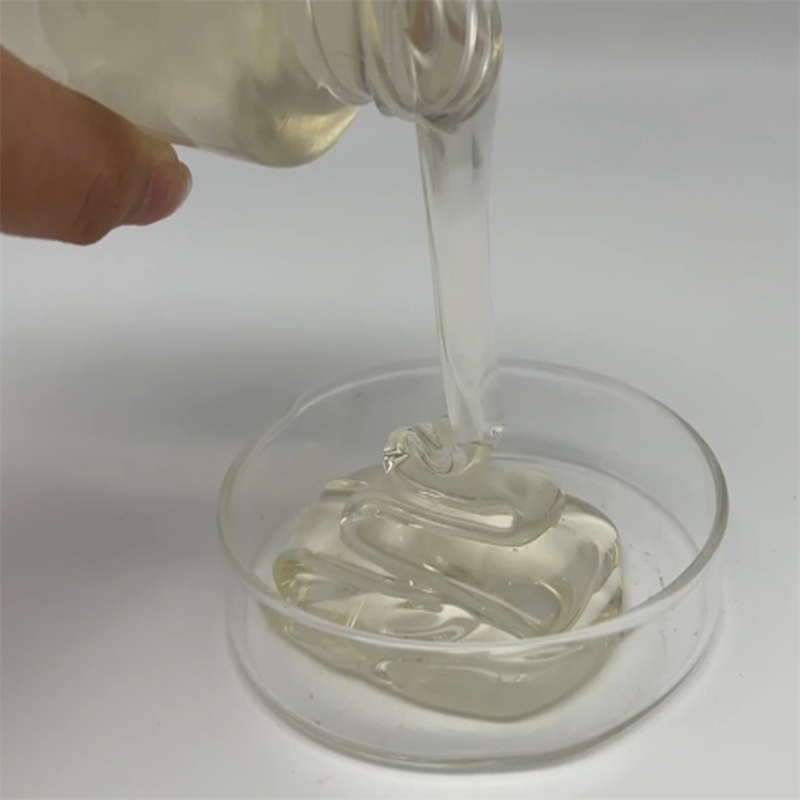Warning: Undefined array key "title" in /home/www/wwwroot/HTML/www.exportstart.com/wp-content/themes/1198/header.php on line 6
Warning: Undefined array key "file" in /home/www/wwwroot/HTML/www.exportstart.com/wp-content/themes/1198/header.php on line 7
Warning: Undefined array key "title" in /home/www/wwwroot/HTML/www.exportstart.com/wp-content/themes/1198/header.php on line 7
Warning: Undefined array key "title" in /home/www/wwwroot/HTML/www.exportstart.com/wp-content/themes/1198/header.php on line 7
Hebei Yize Trade Center Co., LTD.!
- Afrikaans
- Albanian
- Amharic
- Arabic
- Armenian
- Azerbaijani
- Basque
- Belarusian
- Bengali
- Bosnian
- Bulgarian
- Catalan
- Cebuano
- China
- China (Taiwan)
- Corsican
- Croatian
- Czech
- Danish
- Dutch
- English
- Esperanto
- Estonian
- Finnish
- French
- Frisian
- Galician
- Georgian
- German
- Greek
- Gujarati
- Haitian Creole
- hausa
- hawaiian
- Hebrew
- Hindi
- Miao
- Hungarian
- Icelandic
- igbo
- Indonesian
- irish
- Italian
- Japanese
- Javanese
- Kannada
- kazakh
- Khmer
- Rwandese
- Korean
- Kurdish
- Kyrgyz
- Lao
- Latin
- Latvian
- Lithuanian
- Luxembourgish
- Macedonian
- Malgashi
- Malay
- Malayalam
- Maltese
- Maori
- Marathi
- Mongolian
- Myanmar
- Nepali
- Norwegian
- Norwegian
- Occitan
- Pashto
- Persian
- Polish
- Portuguese
- Punjabi
- Romanian
- Russian
- Samoan
- Scottish Gaelic
- Serbian
- Sesotho
- Shona
- Sindhi
- Sinhala
- Slovak
- Slovenian
- Somali
- Spanish
- Sundanese
- Swahili
- Swedish
- Tagalog
- Tajik
- Tamil
- Tatar
- Telugu
- Thai
- Turkish
- Turkmen
- Ukrainian
- Urdu
- Uighur
- Uzbek
- Vietnamese
- Welsh
- Bantu
- Yiddish
- Yoruba
- Zulu
Jul . 10, 2024 10:48 Back to list
Naturally sweet alternative xylitol offers a healthier sugar substitute for your needs.
Xylitol is a naturally sweet substance that is gaining popularity as a sugar substitute in many products today. It is a sugar alcohol that is found in many fruits and vegetables, and has a sweetness similar to sugar. Xylitol is often used as a sweetener in sugar-free gums, mints, toothpaste, and other oral care products.
One of the main reasons for the rise in popularity of xylitol is its ability to improve dental health. Xylitol has been shown to reduce the formation of plaque and bacteria in the mouth, which can help prevent tooth decay and cavities. In fact, xylitol has been approved by the American Dental Association for its ability to protect teeth and gums.
Another benefit of xylitol is its low glycemic index, which means that it does not cause a spike in blood sugar levels like regular sugar does. This makes xylitol a popular choice for people with diabetes or those looking to manage their weight. Xylitol also has fewer calories than sugar, making it a good option for those looking to reduce their calorie intake

naturally sweet xylitol. Xylitol is also a great alternative for people who are looking to reduce their sugar intake for health reasons. It can be used in baking and cooking just like sugar, and provides a similar sweetness without the negative effects of sugar on the body. Xylitol is also considered safe for consumption, with very few side effects reported when used in moderate amounts. While xylitol is a great alternative to sugar, it is important to note that it can have a laxative effect in some people when consumed in large amounts. It is recommended to start with small doses of xylitol and gradually increase to avoid any digestive issues. Additionally, xylitol should be kept away from pets as it can be toxic to dogs and cats. Overall, xylitol is a naturally sweet and healthy alternative to sugar that can be used in a variety of ways to improve dental health, manage blood sugar levels, and reduce calorie intake. With its many benefits and few drawbacks, it is no wonder that xylitol is becoming increasingly popular as a sugar substitute in today's market.

naturally sweet xylitol. Xylitol is also a great alternative for people who are looking to reduce their sugar intake for health reasons. It can be used in baking and cooking just like sugar, and provides a similar sweetness without the negative effects of sugar on the body. Xylitol is also considered safe for consumption, with very few side effects reported when used in moderate amounts. While xylitol is a great alternative to sugar, it is important to note that it can have a laxative effect in some people when consumed in large amounts. It is recommended to start with small doses of xylitol and gradually increase to avoid any digestive issues. Additionally, xylitol should be kept away from pets as it can be toxic to dogs and cats. Overall, xylitol is a naturally sweet and healthy alternative to sugar that can be used in a variety of ways to improve dental health, manage blood sugar levels, and reduce calorie intake. With its many benefits and few drawbacks, it is no wonder that xylitol is becoming increasingly popular as a sugar substitute in today's market.
Latest news
-
Certifications for Vegetarian and Xanthan Gum Vegetarian
NewsJun.17,2025
-
Sustainability Trends Reshaping the SLES N70 Market
NewsJun.17,2025
-
Propylene Glycol Use in Vaccines: Balancing Function and Perception
NewsJun.17,2025
-
Petroleum Jelly in Skincare: Balancing Benefits and Backlash
NewsJun.17,2025
-
Energy Price Volatility and Ripple Effect on Caprolactam Markets
NewsJun.17,2025
-
Spectroscopic Techniques for Adipic Acid Molecular Weight
NewsJun.17,2025

